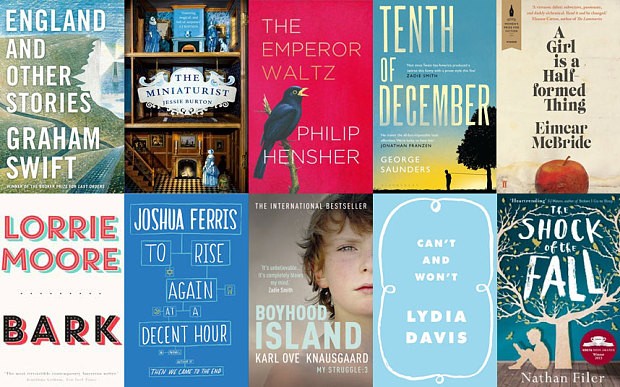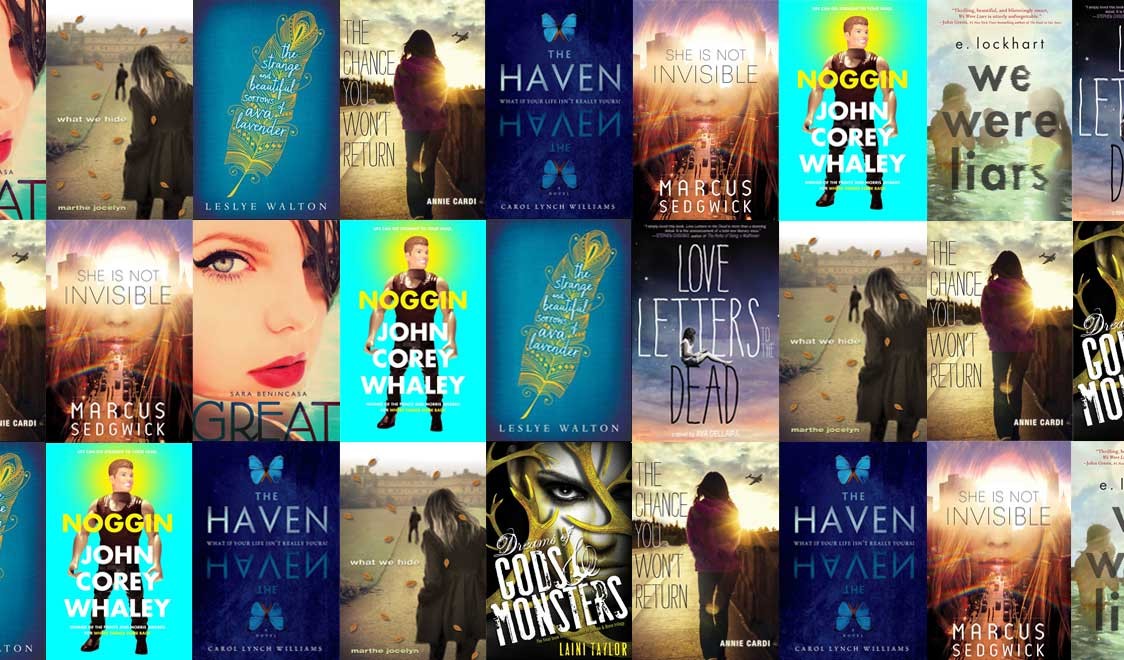The best books of 2014
Post on: 14 Июнь, 2015 No Comment

I’m sitting here in my favourite bookstore which has now been turned into a fashionable inner-city eatery. I miss it, though on the upside I can now drink booze here, and I have a wider selection of books on my phone than were ever on the shelves.
Now the jolly fat man tells me that no-one reads books anymore. I don’t know how true that is, but I do know that they make excellent, thought-provoking and, best of all, cost-effective Christmas presents. So here are the three hardcovers I’ll be sticking in my stocking this year.
Strengths Finder 2.0
What I hated most about school was that I was forced to spend a lot of time trying to improve my weaknesses like chemistry. The problem, of course, is that working on your weaknesses means you end up is with a lot of strong weaknesses. However, if you spend even short amounts of time on developing your strengths, amazing things can happen.
By the time we become adults, most of us have a pretty good idea on what we’re not good at (especially if we’ve been married for any amount of time), but how can we work out what our true strengths are?
Well, there’s a book for that; it’s called Strengths Finder 2.0 .
To be fair, this is a book in the same way that McDonald’s could be considered a restaurant. Really, it’s an overview for an online personality test (which you access via a code from the book).
Luckily the test is a ‘bloody pearler’, as my old man would say. It’s based on a 40-year study of human strengths by a shrink called Donald Clifton in conjunction with the Gallup polling organisation, and it zeroes down on 34 of the most common talents people have.
The test will help you identify your five best talents, and the book then gives you practical advice on how you can put them to work. If you’re thinking of a career change, or if you know a school-age kid who’s struggling with chemistry, buy them this book.
The Prize: The Epic Quest for Oil, Money and Power
Right now the biggest finance story is the falling price of oil, and the impact it’ll have on the global economy. Yet, in order to read between the headlines, you need a historical context, and that’s what The Prize delivers.
It takes you right back to the start of the oil industry, which began producing kerosene for lanterns and then took off like a rocket with the invention of the motorcar. The Prize tells a gripping story of empires being built, countries being corrupted, and wars being fought.
What becomes clear is that experts have been predicting the downfall of oil since the mid-1800s, and yet the real driver of energy consumption and the reason, in my view, that the oil price will eventually climb higher is the insatiable demand from developing countries.
Bonus book: While The Prize is a real page-turner, it doesn’t cover one of the most significant (and controversial) recent advancements in energy history: the development of fracking. For that you’ll need to read The Boom: How Fracking Ignited the American Energy Revolution and Changed the World .
The Depression: A Diary
In 1931, a 38-year-old lawyer named Benjamin Roth began writing a diary.
He didn’t know it at the time, but he was living through the Great Depression. And that’s what makes it such a compelling read most books on the Depression are written with the benefit of hindsight. What this book presents is the observations of an intelligent bloke from the suburbs trying to make sense of the economic devastation unfolding around him.

What’s clear is that people didn’t know they were living through history, and they certainly didn’t know when it would end. Whenever the experts predicted that the economy was turning, it would crash. When they suggested it couldn’t get any worse, it would crash again. After years of following famous forecasters, Roth concluded that their predictions were “worthless”.
Roth’s diaries also show how people’s expectations of their lives changed.
When you don’t feel entitled to anything, it forges a healthy dose of self-reliance, genuine community, and simple pleasures like reading at a library, riding bikes and going to local dances. The Depression years were filled with dark, desperate stories, but they also created arguably the greatest generation in history the so-called ‘silent generation’.
Most of all, this book reinforces the benefits of holding cold, hard cash.
Roth was obsessed with the stock market. He spent huge amounts of time checking the prices of the big blue-chips of the day, salivating on how cheap they were. Actually, he spent an equal amount of time lamenting the fact that he didn’t have any cash to take advantage of the falling prices predicting that, if he did, he’d be well on his way to being a millionaire.
Three Wise Men
A wise person once said: “Twenty years from now you’ll be the same person, except for the people you meet and the books you read.”
That’s true, and it’s also why a book makes the ultimate present: it’s something your family or friends can take with them, and it has great screen resolution and excellent battery life. What’s more, the books I’ve chosen today (along with The Barefoot Investor. of course) can show you new ways of thinking, feeling and profiting in 2015.
Tread Your Own Path!














